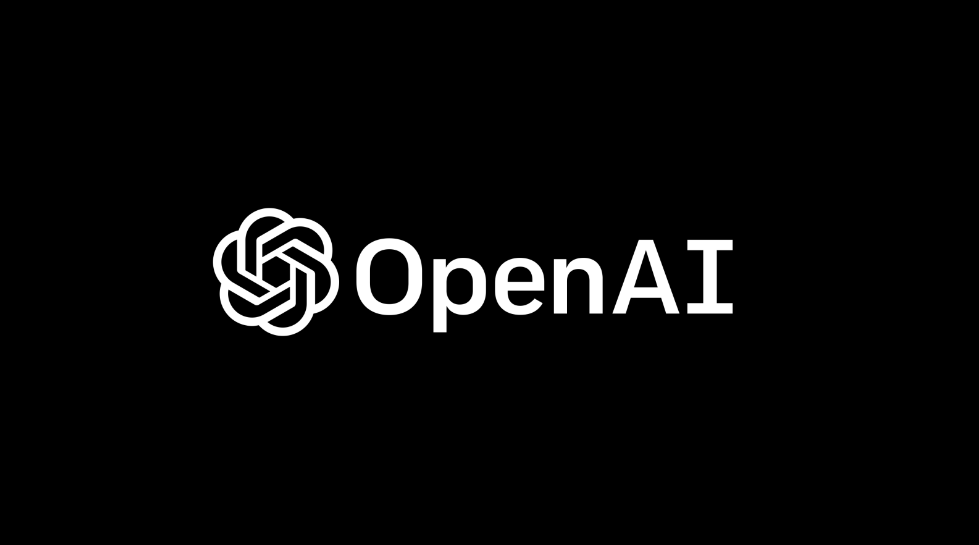Billionaire investor Vinod Khosla was OpenAI an early supporter who predicted a sea change in the global economy. His recent insights suggest thatAINot only will it reshape the industry, it will fundamentally change the way we measure and perceive economic growth over the next 25 years.

AI and economic deflation:
In a recent post on Platform X, Vinod Khosla, a key figure in OpenAI's early success, shared his thoughts on the economic impact of AI. predicting a significant deflationary effect over the next quarter century, Khosla asserted:"Within twenty-five years, AI should have a huge deflationary effect."This prediction hints at a future where capital becomes a valuable commodity, challenging existing metrics such as GDP while ushering in a glut of goods and services.
Capital scarcity and changing economic indicators:
Khosla's prediction implies that capital will become scarce in the AI-driven landscape.As AI comes into focus, traditional measures of economic health, such as GDP, may lose their relevanceCapital should be scarce for a period of time; current GDP and economic metrics will become less relevant, but goods and services should be abundant," Khosla said. This shift raises a key question: what are the right metrics to measure and what are the relevant questions that should be asked in this new economic paradigm?
Khosla's relationship with OpenAI:
Not only is he a visionary, Vinod Khosla backs up his beliefs with actions. His venture capital firm injected a staggering $50 million into OpenAI in 2019, which is the first time in the organization's 15-year history that themaximumKhosla emphasizes that "the key question is what are the right metrics and the right questions to ask." This financial support underscores Khosla's commitment to shaping a future where AI plays a key role in economic dynamics.
Refuting the AI threat:
At the Fortune Brainstorm AI Conference on December 12, Khosla dismissed common concerns about AI. Contrary to the popular narrative of AI as a potential existential threat, Khosla noted that the more pressing concern is China. Doomsayers are concerned about the wrong risks," he said. Far more than worrying about AI wiping us out, it's China that should be worried about, the risk is many orders of magnitude higher."
Vinod Khosla's views are in line with other tech giants such as Elon Musk, who envisioned a future of economic abundance when he introduced Tesla's AI robot Optimus. Musk's view implies that if AI - embodied through Optimus - can take on manual labor, it could usher in an era of 'quasi-infinite' economic possibilities.According to Musk, this will transform into a world without poverty, where people's needs for products and services can be fully met.